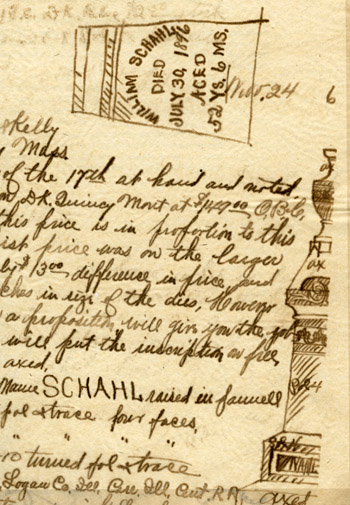Sheila S. Walker, PhD, cultural anthropologist and documentary filmmaker, has done fieldwork, lectured, and participated in intellectual and cultural events in most of Africa and the Global African Diaspora, and her goal is to educate the public about this diaspora. Her edited book, African Roots/American Cultures: Africa in the Creation of the Americas, resulting from her international conference on “The African Diaspora and the Modern World,” has a companion documentary, Scattered Africa: Faces and Voices of the African Diaspora. Her also edited volume, Conocimiento desde adentro: Los afro-sudamericanos hablan de sus pueblos y sus historias/Conhecimento desde dentro: Os afro-sul-americanos falam de seus povos e suas histórias [Knowledge from the Inside: Afro-South Americans Speak of their People and their Stories] (in Spanish and Portuguese, not yet English), features chapters by Afrodescendants from all the Spanish-speaking countries in South America. She co-produced the documentary, Slave Routes: A Global Vision for the UNESCO Slave Route Project. And her most recent documentary is Familiar Faces/Unexpected Places: A Global African Diaspora, which was shown at the United Nations as the 2018 Black History Month program for the UN International Decade for People of African Descent. It was sent for showings at UN Information Centers in the Americas, Africa, Asia and the Pacific, and Europe. Dr. Walker was a Professor of Anthropology and Director of the Center for African and African American Studies, and held an endowed chair in the College of Liberal Arts at the University of Texas at Austin, and was a Distinguished Visiting Professor, Professor of Anthropology, and Director of the African Diaspora and the World Program at Spelman College.
The Sheila S. Walker Collection highlights how the life experiences of an African American cultural anthropologist and documentary filmmaker, focusing on the Global African Diaspora and relationships between the Diaspora and Africa and among African Diasporan societies, allude to, exemplify, and elucidate significant issues of her era. It provides archival materials of various sorts that characterize dynamics of the period both nationally and internationally. The Collection reveals information that does not fit the usual narrative, such as that Operation Crossroads Africa, founded by an African American minister, inspired the creation of the United States Peace Corps, a U.S. government institution helmed by a relative of the then president of the nation. Also, U.S. northern, urban African Americans continued to participate in Mutual Aid Societies, as were so important historically, and sometimes presently, in much of Africa and the African Diaspora.
Gift of Sheila S. Walker.


